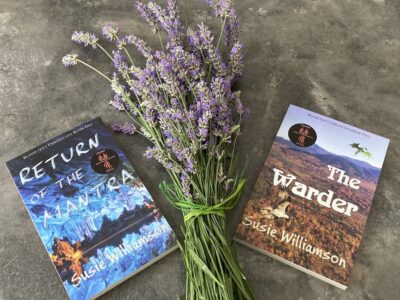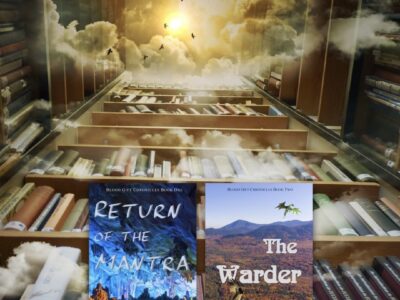
A girl was walking the streets of Exeter dressed as a bee, carrying a placard with the simple message, ‘Tick Tock, Tick Tock’. She was one of hundreds of children and young people, striking from school, marching to the County Hall to deliver their impassioned message: it’s time to declare a climate emergency NOW!
This was Exeter’s #schoolstrike4climate. Their voices were refreshing: too young to be cynical, free of agenda. There were adults there too (I wasn’t the only one), listening to the voices of people who had most at stake. Standing among the chanting crowd, with protesters of primary school age upwards, I thought about their message, their plea to the world to stop ignoring or denying the fact that everything is the product of cause and effect.
Does cynicism have to accompany adulthood? Are the world disasters we see in snapshots too abstract for us to embrace the fact that they’re all connected? I remember being in South Africa, on the coast of the Indian ocean, when I was fortunate to witness the sardine run: enormous shoals of migrating sardines followed by dive-bombing gulls and dolphins and sharks and whales. It was a food chain in motion, a natural spectacle of cause and effect. Caught in one frame it was impossible to deny the connections between each element in the chain.
For every thought, word, action, there’s a reaction, and in some way, however small, the universe has changed. A thought inspired the strike 4 climate movement; that thought was spoken; the ripples produced marching feet intent on provoking social conscience worldwide.
I couldn’t help but think of my protagonist in Return of the Mantra: 16-year-old Suni who learns to believe in the power of change. Without change the land of Shendi is destined to remain a drought-ridden world, with generations believing the lies of a corrupt dictatorship, while being denied the right to know diverse wildlife once indigenous to their homeland. A persecuted few are up against it, in their efforts to inspire social change among the masses; it’s a problem that leads into the sequel. One book turned into three, motivated not by good versus evil, but rather with an enemy embedded in destructive world orders. Cause and effect.
As a writer I live by cause and effect. Every story has a problem that needs to be fixed; every magical element needs to be plausible; every character needs to be relatable. Writing fantasy tales which reflect society, without shying away from the gritty elements, I often feel works well with young adult characters; young people can be the best voice for exposing dysfunctional realities of adult life, simplifying unnecessary complexities to reveal the truth. Diverse characters with atypical perspectives on various coming of age experiences are refreshing. Perhaps these are some of the reasons adults enjoy the genre, to be reminded of youth, to see agendas challenged, and to rediscover the familiar through a fresh perspective. After all, as we change we continue to come of age.
Happy Reading!





